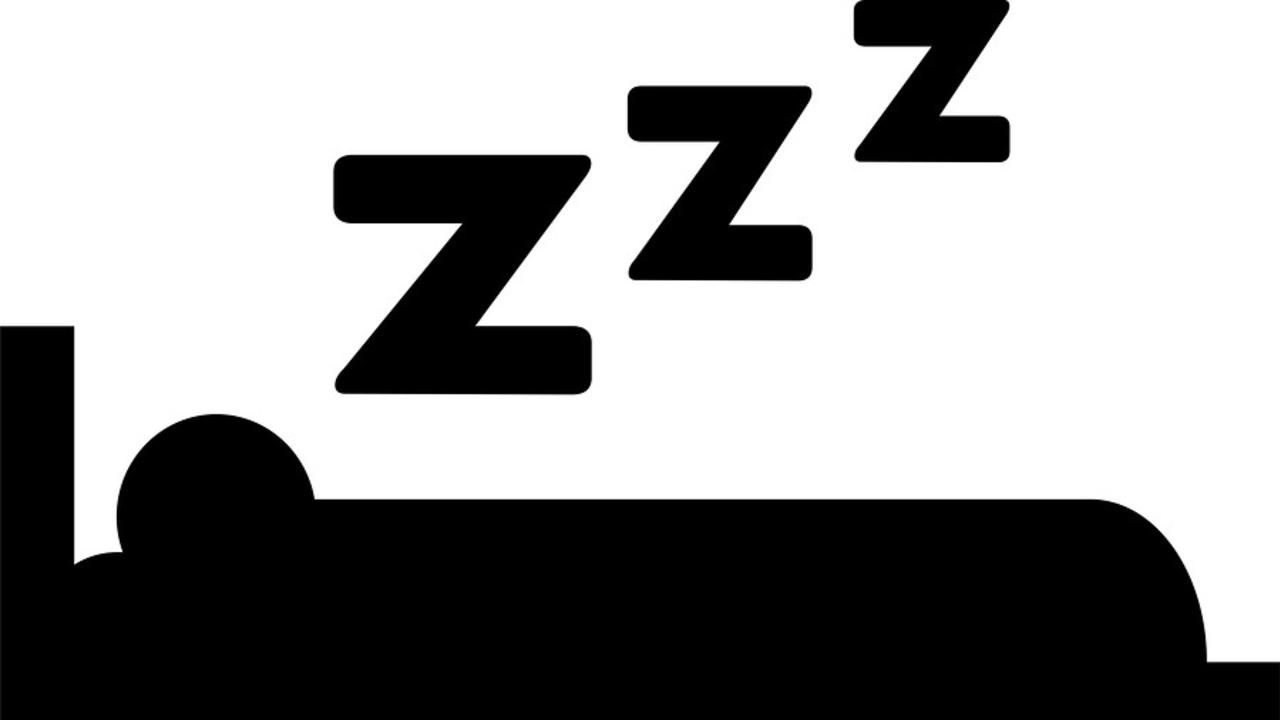What Causes Sleep Apnea and What You Can Do To Fix It

By Dr. J. J. Gregor
In 2009 I was lucky enough to travel to Munich, Germany to take an advanced certification test (Diplomate in Applied Kinesiology) and was able to take my mother, who had never been to Europe. We shared a room, and the trip was amazing. However, my mom did manage to scare the hell out of me in the middle of the night the first night when she would just stop breathing for a breath or two, several times. If you've had the misfortune of ever witnessing this, you understand what a disturbing experience it is. I made her go to a sleep center when she got home, and they officially diagnosed her with sleep apnea.
This is a common chronic disorder, which disrupts the sleep of close to 25% of the population in the U.S. And if left untreated, is extremely dangerous. There are two types of sleep apnea. The first and most common type is obstructive sleep apnea, where your airway becomes blocked or even collapses. Most of the time the cause of the obstruction is an inhibition of the muscles at the back of the throat. These muscles are controlled by the twelfth cranial nerve, which arises from the medulla oblongata. This causes shallow breathing and stops your breathing, as many as 30 or more pauses or in an hours time. The pauses can last from a few seconds to minutes. Then with a snort, snore or a choke, you resume your normal breathing.
However, because of these pauses, you never enter a deep sleep, which means you'll end up more tired throughout the day. Since sleep apnea occurs at night when you’re sleeping, most of the time you won’t even know you have it unless a bed buddy tells you! And it’s a sure bet your bed buddy will know because any air that squeezes past the blockage can cause loud snoring. While obstructive sleep apnea can affect anyone, it is more common in people who are overweight.
The second type of sleep apnea is central sleep apnea. This occurs if the area of your brain that controls your breathing doesn't send the right signals to your breathing muscles. This means you may make no effort to breathe for short periods. Like obstructive sleep apnea, anyone can be affected, but people who are on certain medications or have certain medical conditions are more prone to this type of apnea.
One way to discern if you’re suffering from obstructive or central sleep apnea is that typically, with central sleep apnea, you don’t snore. Some of the problems you might face if you let your sleep apnea go unchecked are high blood pressure, the risk of heart attack or heart failure, stoke, obesity, diabetes, and the possibility of irregular heartbeats (arrhythmias). The good news, though, is that sleep apnea can be easily be treated without surgery.
This can be done by regulating your diet, maintaining your weight, getting proper exercise, and reducing stress in your life. In my experience there are a few things that can help to clear up apnea rather quickly:
- Remove all food allergens, which include wheat, corn, diary, and soy. These tend to inhibit the nervous system
- Get Adjusted; upper cervical bio-mechanics have a lot to do with snoring and how well your muscles that control your throat and palate work.
- Lose just 10 pounds (which cutting out your food allergens enables you to do quite often). This helps keep the airway open while sleeping.
- Walk just 20 minutes in the morning. Exercise even just a little bit increases your stamina and can drop a few pounds.
- Increase your water intake to about 30 oz. Per 50lbs of body weight.
- Limit alcohol to 1 drink every other day at the most. Alcohol is a depressant and causes inhibition of the nervous system.
Stay connected with news and updates!
Join our mailing list to receive the latest news and updates from our team.
Don't worry, your information will not be shared.

